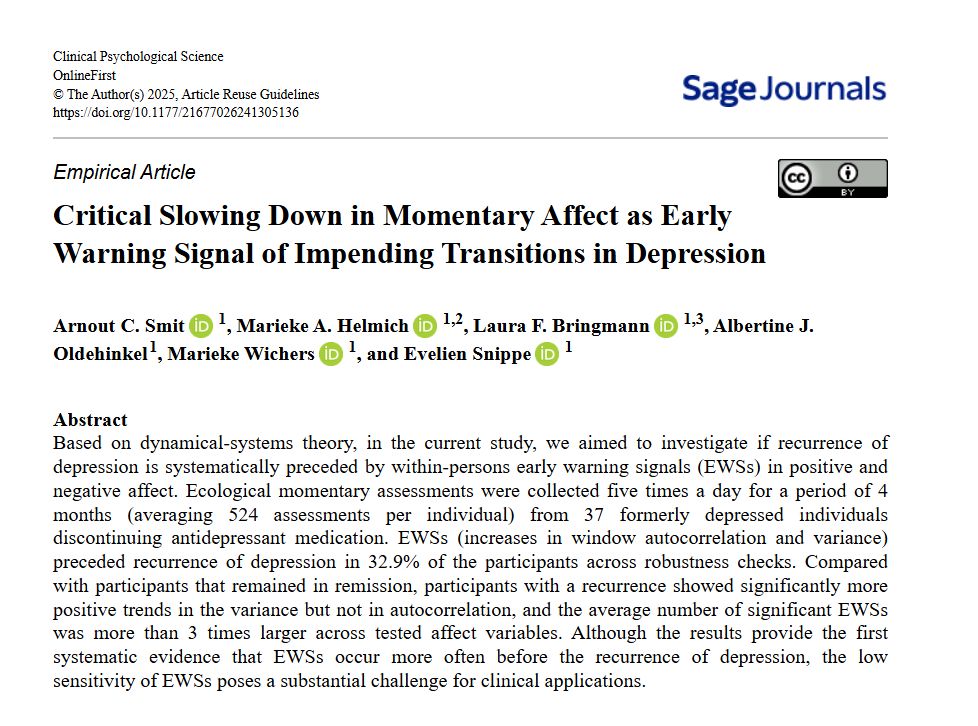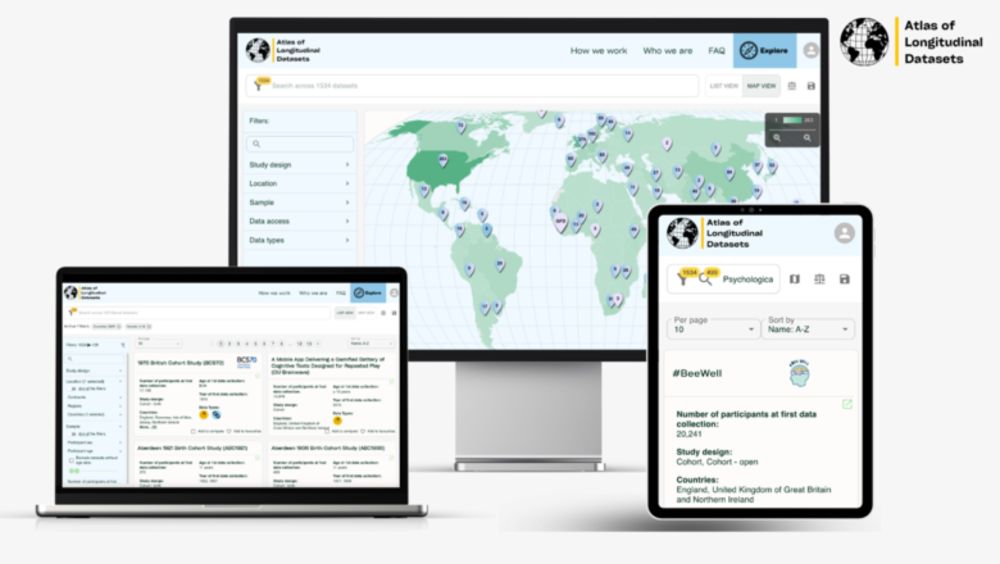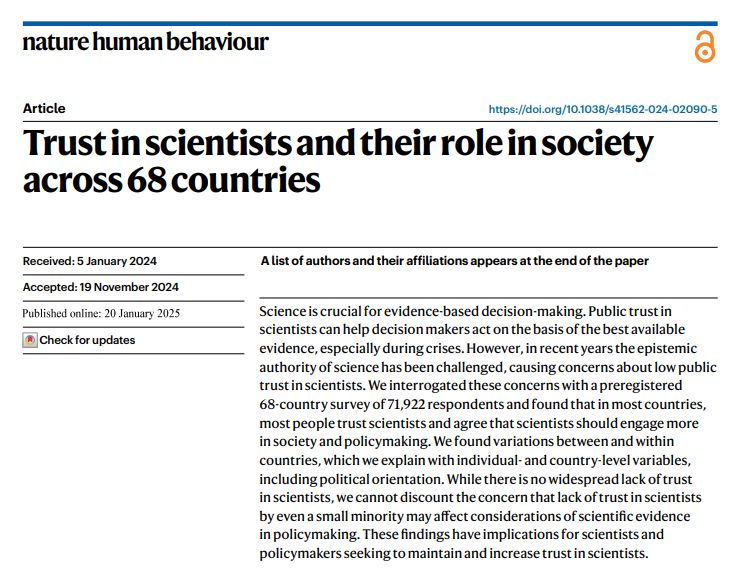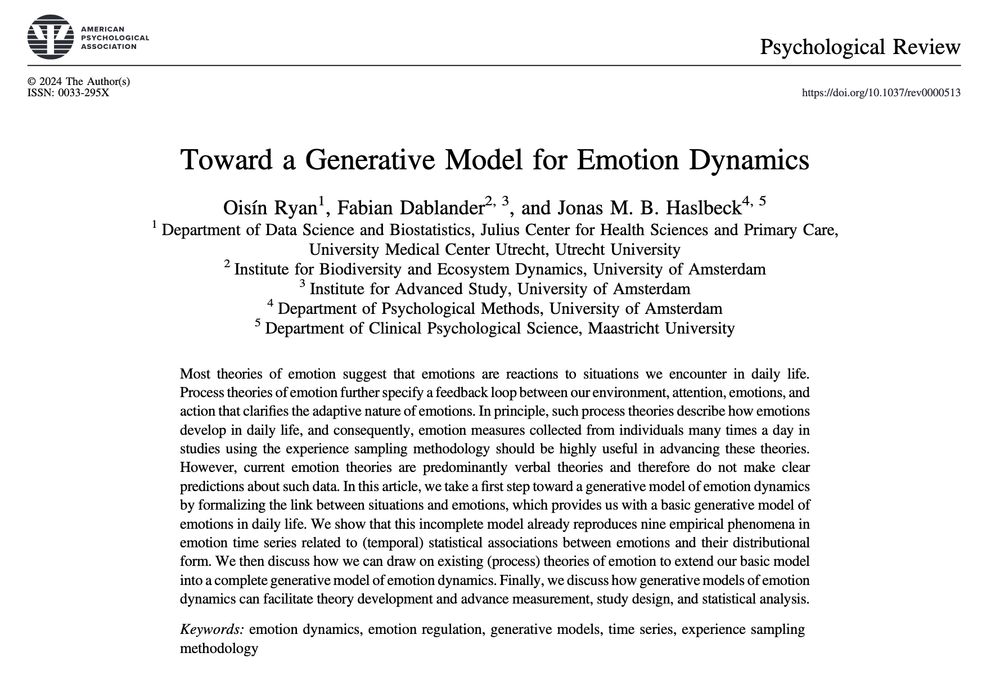Marieke A. Helmich
@mahelmich.bsky.social
1K followers
190 following
17 posts
Postdoc researcher in clinical psychology | Radboudumc Nijmegen, The Netherlands | (she/her) | dynamical systems | individual trajectories of change during treatment | EMA/ESM | emotion dynamics
Posts
Media
Videos
Starter Packs
Pinned
Reposted by Marieke A. Helmich
Reposted by Marieke A. Helmich
Reposted by Marieke A. Helmich
Reposted by Marieke A. Helmich
Reposted by Marieke A. Helmich
Clara Miguel
@claramiguel.bsky.social
· Mar 13
Self-reports vs clinician ratings of efficacies of psychotherapies for depression: a meta-analysis of randomized trials | Epidemiology and Psychiatric Sciences | Cambridge Core
Self-reports vs clinician ratings of efficacies of psychotherapies for depression: a meta-analysis of randomized trials - Volume 34
www.cambridge.org
Reposted by Marieke A. Helmich
Marieke A. Helmich
@mahelmich.bsky.social
· Feb 19
Reposted by Marieke A. Helmich
Reposted by Marieke A. Helmich
Reposted by Marieke A. Helmich
Reposted by Marieke A. Helmich
Reposted by Marieke A. Helmich
Reposted by Marieke A. Helmich
Reposted by Marieke A. Helmich
Tobias Kube
@tobikube.bsky.social
· Dec 6

Social expectations in depression - Nature Reviews Psychology
Expectations of negative social interactions or low interpersonal self-efficacy are common among people with depression. In this Review, Kirchner et al. integrate the cognitive, social and clinical as...
www.nature.com
Reposted by Marieke A. Helmich
Reposted by Marieke A. Helmich
PsyPost
@psypost.bsky.social
· Dec 1

Depression recovery: Emotional shifts often precede behavioral changes, study shows
Emotional and cognitive improvements in depression treatment often occur simultaneously, while behavioral changes, like increased activities and social interactions, typically follow emotional gains, suggesting mood shifts may drive broader recovery…
www.psypost.org
Reposted by Marieke A. Helmich
Reposted by Marieke A. Helmich
Marieke A. Helmich
@mahelmich.bsky.social
· Nov 17
Marieke A. Helmich
@mahelmich.bsky.social
· Nov 11











